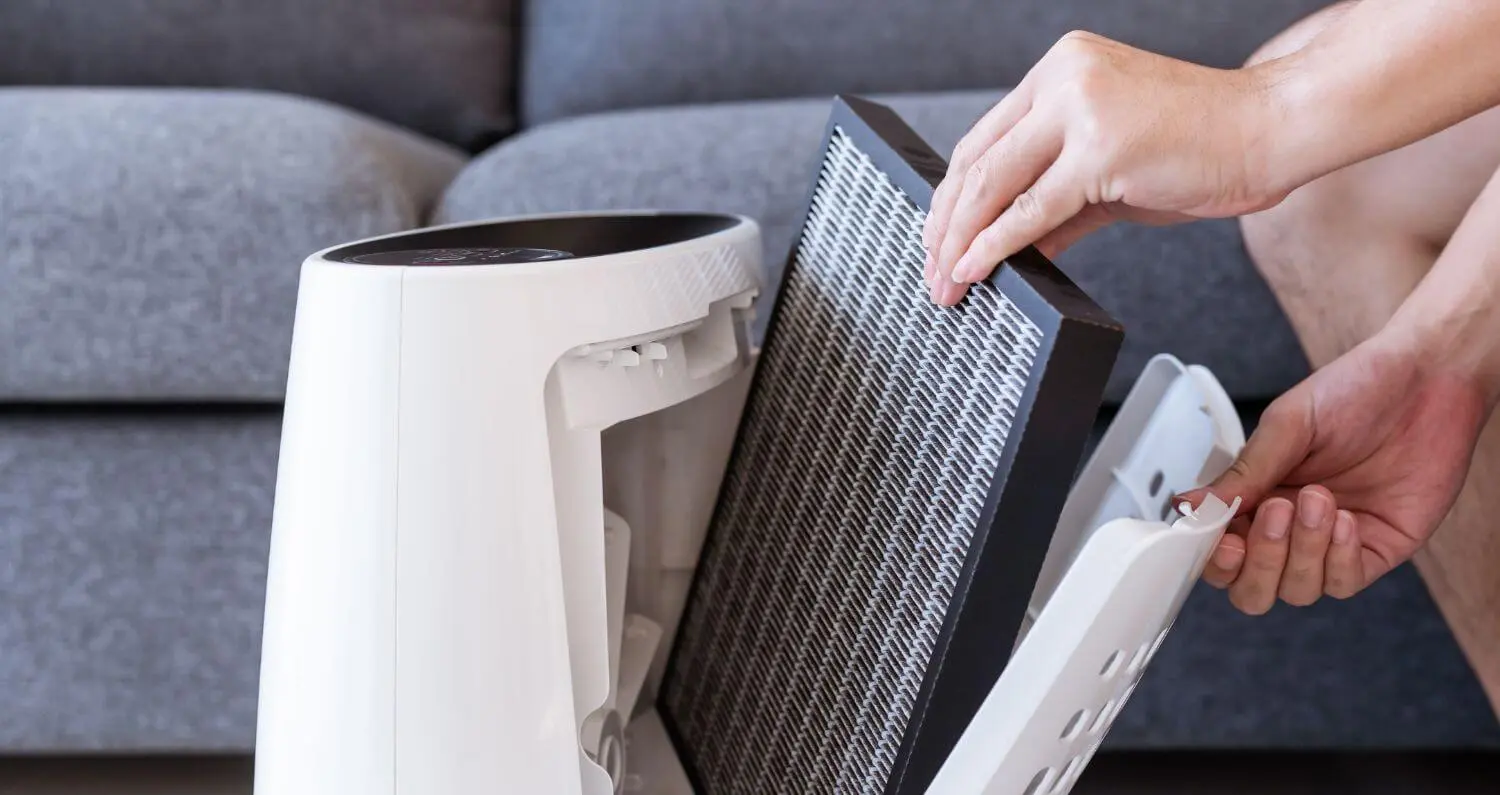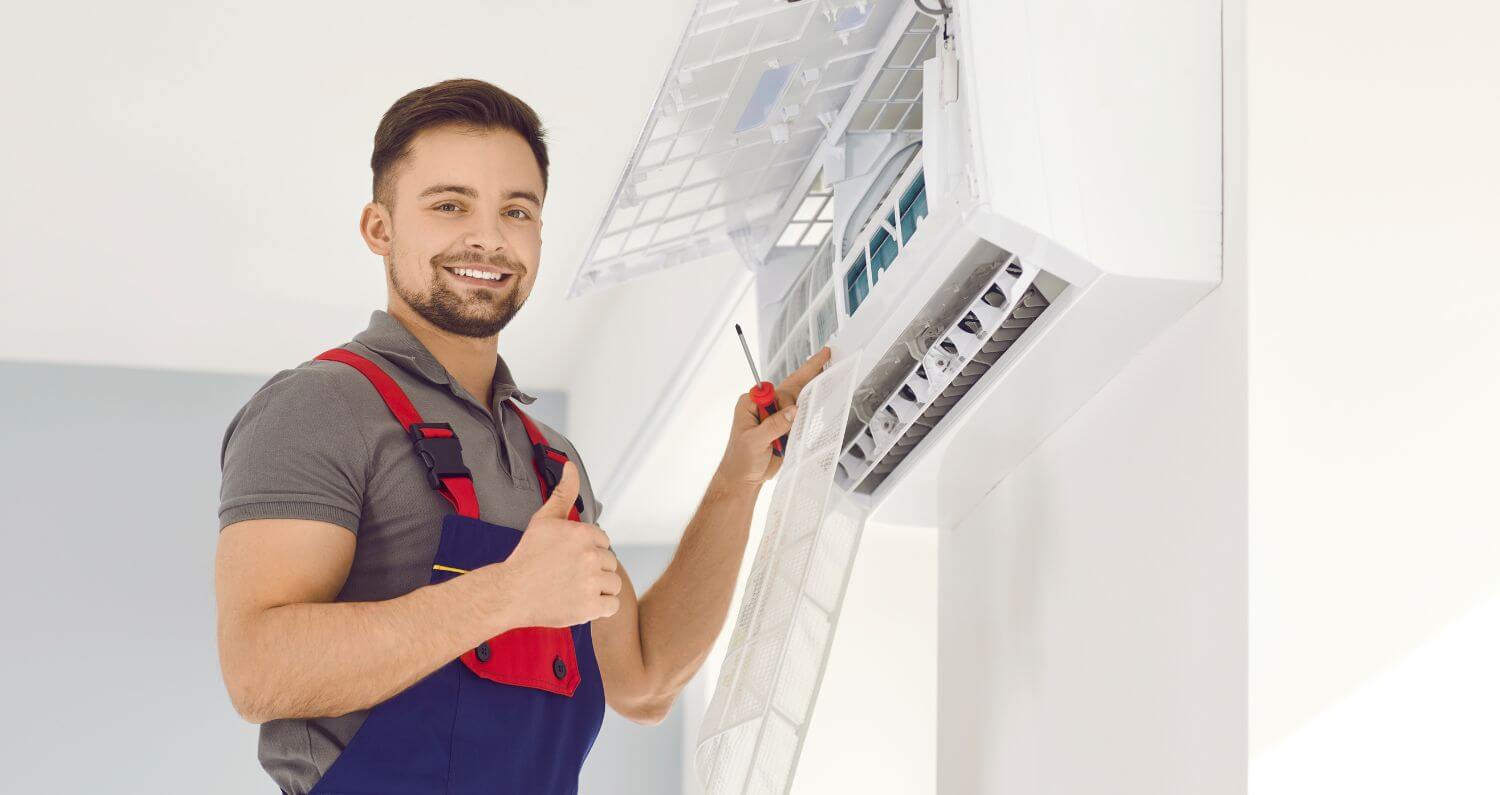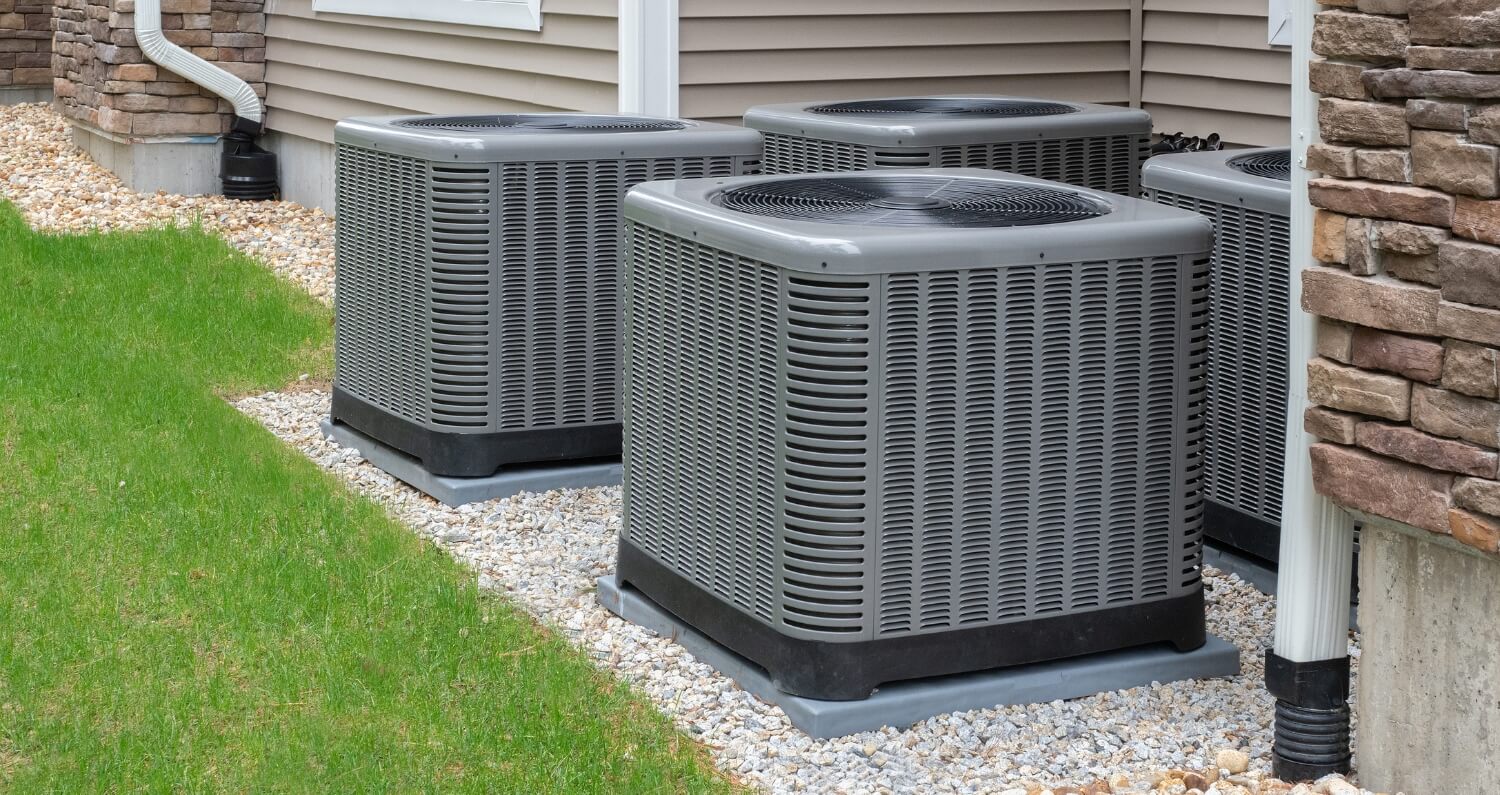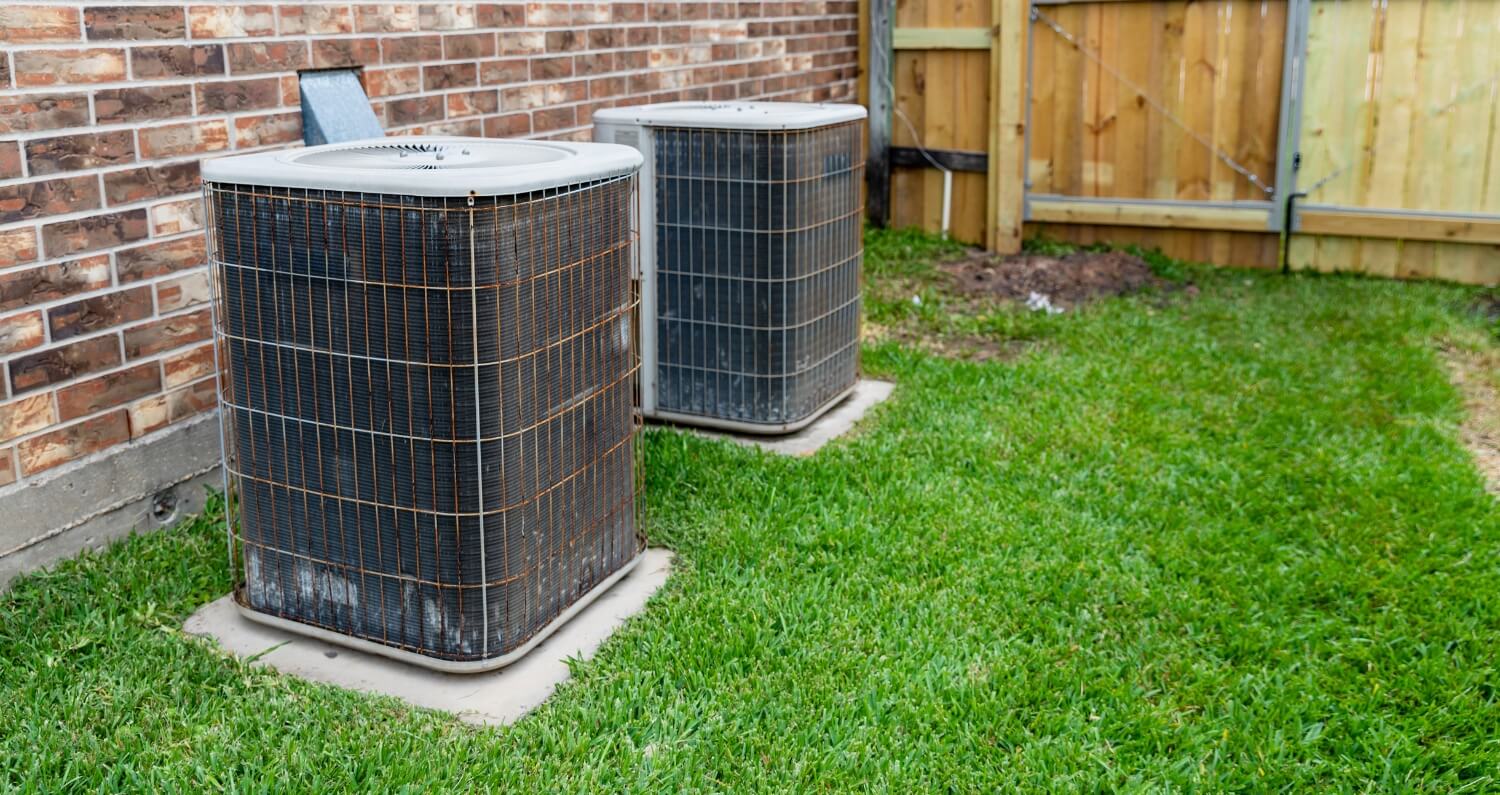Peak allergy season begins in early February and lasts about three months, leading many people to buy Kleenex and Benadryl in bulk. If you’re one of the more than 50 million Americans affected by allergies, you know that allergy symptoms can spring up any time of year, not just during this three-month window.
Great news, though — you can take a few steps to improve your indoor air quality and avoid spending half your salary on tissues and eye drops this allergy season. One popular approach involves investing in an air purifier with washable HEPA filters.
Before you ditch your box of tissues for a fancy filter, take a look at this complete guide to washable HEPA filter air purifiers.
What Does HEPA Actually Mean?
HEPA represents “high-efficiency particulate air,” but what does that mean exactly? HEPA filters can remove up to 99.97% of substances like pollen, dust, mold, bacteria, and other airborne particles that measure 0.3 microns or more in diameter.
The HEPA filter is also quite effective at trapping other particles larger or smaller than 0.3 microns, hence why it’s called a “high-efficiency” filter.
HEPA filters are better than the generic filters that most people use in their home HVAC systems. They filter out more crud and yield cleaner air, so you can feel like you live in the middle of Finland or the Swiss Alps. They can also capture a lot of pollen that is responsible for those never-ending sniffles and constant sneezing fits.
Does an Air Purifier with Washable HEPA Filters Really Work?
Yes, HEPA filters really do work, according to the Environmental Protection Agency (EPA) and the American College of Allergy, Asthma & Immunology (ACAAI). HEPA filters can help not only with seasonal allergy symptoms but also with allergies related to pet dander.
That’s good news for seasonal allergy sufferers and those who can’t stop sneezing when they get within arm’s reach of the family pet.
Fight Allergy Season with Indoor Air Quality Services
HEPA filters can certainly help you combat allergy season. However, you should explore other indoor air quality services to find lasting relief. For instance, you could hire an HVAC company like Paraco HVAC to clean your ducts. Also, consider upgrading your HVAC filtration system to something more sophisticated than simple filters to help avoid those pesky allergy flare ups.
When it comes to advanced HVAC air filters, there are plenty of options out there. Some of the top solutions include UV light filters and ionic filters. UV light filters eradicate airborne contaminants by exposing them to — you guessed it — ultraviolet light. Ionic filters use a negative electric charge to remove contaminants from the air stream.
Other Tips for Boosting Air Quality
HEPA filters and other filtration systems offer an immediate solution for improving indoor air quality in your home. But what about air quality in general?
If you want to positively impact outdoor air quality, there are several ways to do so. The most practical approach is reducing your reliance on fuel sources that produce excessive emissions.
Don’t worry — you don’t have to sit around in the dark. Instead, simply swap out dirtier fuels for cleaner, greener ones, like propane.
Now you know how to contribute to better air quality inside your home and the world around it. You even learned a new acronym in the process.
It’s time to apply this new knowledge to preserve your air quality, fend off seasonal allergy symptoms, and promote better health for you and your family.
continue reading
Related Posts
In the realm of home comfort, having a reliable HVAC
It’s never fun when your HVAC appliance fails. A broken





